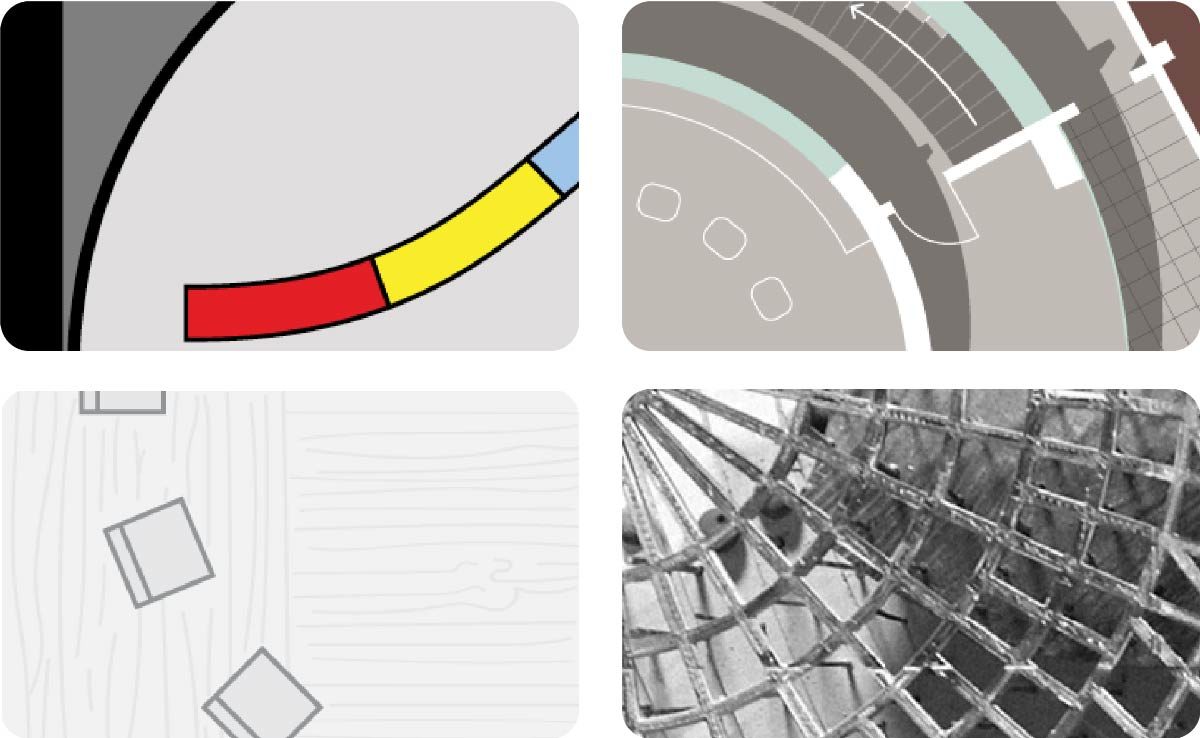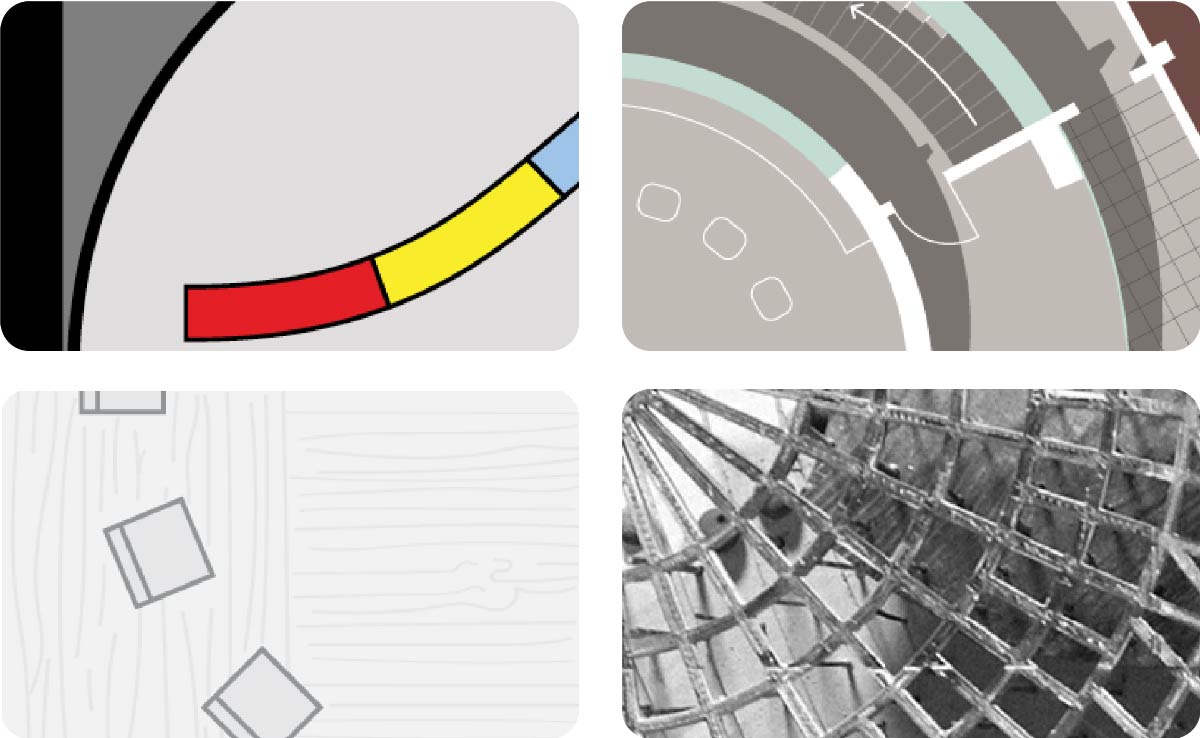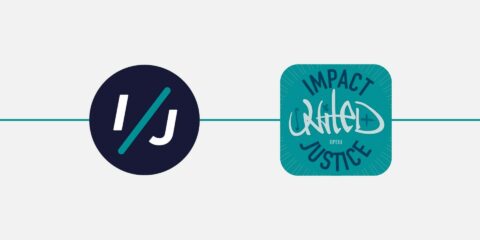
Impact Justice is pleased to announce the release of Space for Restorative Justice. Co-published with the Yale University School of Architecture, this book is the product of a ground-breaking studio at Yale run in collaboration with us. The studio explored the design of community justice centers in Bridgeport, Middletown, and New London, Connecticut, as an antidote to mass criminalization and the erosion of community that results from overly punitive and racially disproportionate responses to crime.
As Impact Justice President Alex Busansky and Yale Dean Deborah Berke write in their foreword to the book: “Justice delivered or denied plays out in physical spaces that architects have a hand in creating. The book … shows young designers at the forefront of literally redefining and relocating justice in America.”
These multi-purpose centers are a welcome contrast to the iconic courthouse that operates in isolation. Along with spaces designed specifically to support healing and restoration in wake of harm, these centers also incorporate community gardens and communal kitchens, libraries and lounges, auditoriums and art galleries, public plazas, reflecting pools, and other elements that invite all residents to gather and connect.
While these prototype centers exist for now on the page only, the wide ranging and thought-provoking designs should encourage people around the country to make space in their cityscapes and allocate resources to bring such designs to life. Accompanying essays explore the intersection of architecture and restorative justice and explain what we have to gain by making the leap from idea to reality.
The entire book is accessible at spaceforrestorativejustice.org. It’s free to download, print, and distribute for non-commercial purposes, and we encourage you to share it widely. Bound copies are also available for purchase on Lulu.com.
We’re grateful for our partnership with Yale and thank the Tow Youth Justice Institute at the University of New Haven for connecting us with local restorative justice practitioners whose knowledge and experience helped guide the students through the design process. Thanks also to Open Society Foundations and the Ford Foundation for supporting our Building Justice initiative that produced the studio and this book.



